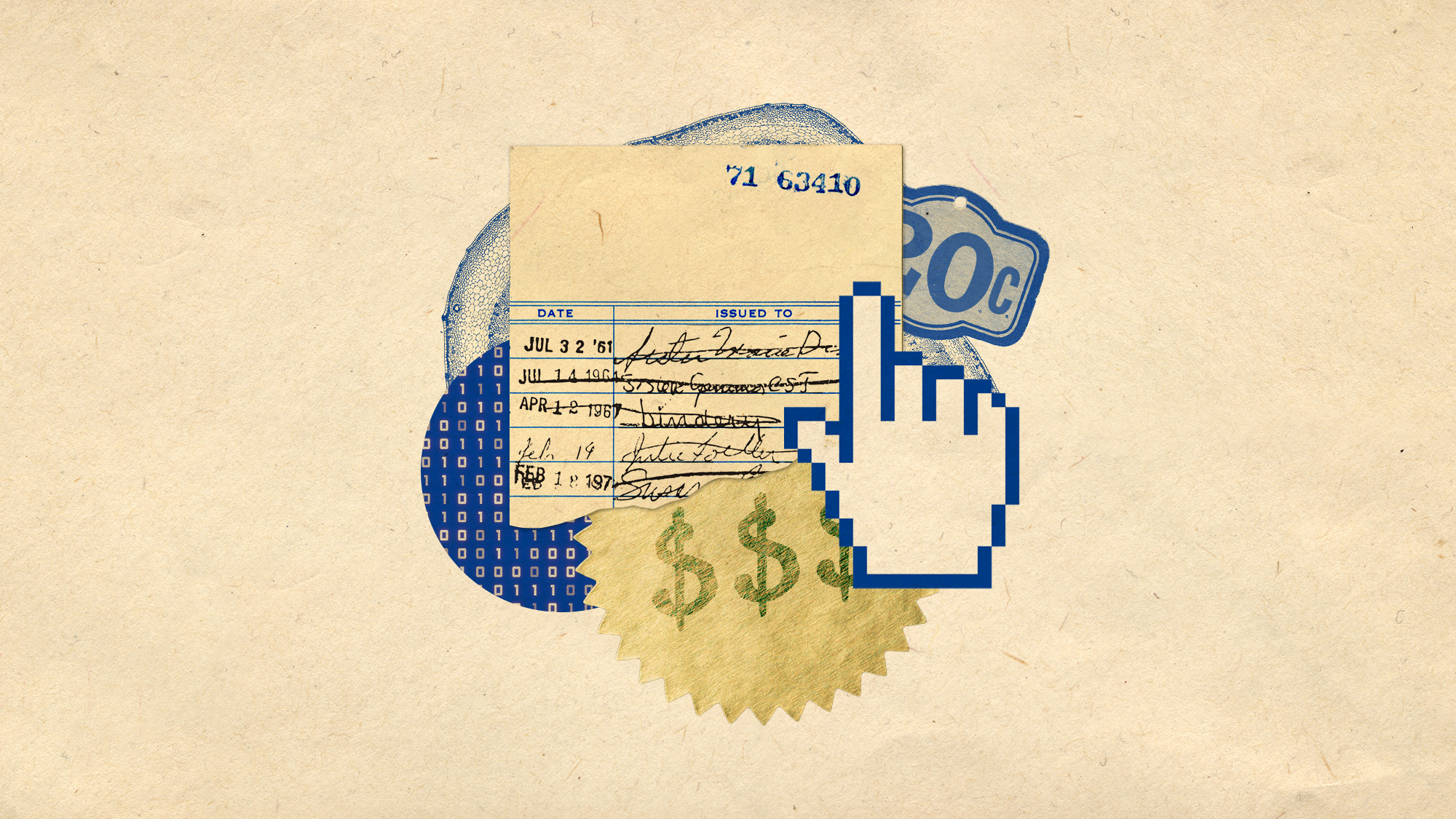Lifestyle
Libraries Challenge Rising E-Book Costs Amid Growing Demand

The increasing popularity of e-books is creating financial strain for libraries across the United States. As demand for digital reading materials surges, many libraries are grappling with the significantly higher costs associated with purchasing e-books compared to traditional print books. This situation has prompted some institutions to seek legislative support to address the escalating expenses and restrictive licensing agreements imposed by publishers.
E-books generally come with licensing fees that can be prohibitively expensive for libraries. According to the Association of American Publishers, publishers require libraries to renew licenses for each e-book after a two-year period or after 26 loans. This practice limits the availability of popular titles and contributes to high operational costs for libraries. For instance, Sarah McCusker, head of the Connecticut Library Association, highlighted that while the average hardcover book costs about $15, an e-book can range from $100 to $120 under these licensing terms. Once the license expires, libraries must repurchase it at the same inflated price.
Publishers maintain that these pricing structures are necessary to compensate authors fairly for their work. The Association of American Publishers asserts that they must protect copyright owners’ rights, emphasizing the need for a sustainable model that supports creators.
In response, several states are pushing for legislative changes to make e-books more affordable for libraries. Lawmakers in Massachusetts, Illinois, Hawaii, and New Hampshire have proposed bills aimed at reducing costs and restrictions related to digital materials. A similar bill in Virginia was tabled, while Maryland made strides in 2021 with a law requiring that publishers offer e-books to libraries on “reasonable terms.” Unfortunately, this law was later struck down by a judge, leaving Maryland to rejoin the ongoing struggle for reform.
Connecticut has emerged as a leader in this initiative, passing legislation designed to limit the costs of e-book licenses. This law prohibits libraries from entering into agreements that are both time-limited and cap the number of checkouts allowed. Advocates believe this measure will encourage publishers to negotiate more favorable terms, potentially reducing long wait times for popular e-books. Ellen Paul, executive director of the Connecticut Library Consortium, noted the growing budget pressures libraries face, stating, “Every year, libraries spend more and more of their budget feeding the beast that is e-books to meet their patrons’ demands, and yet we still have wait lists of over six months long.”
While libraries seek solutions to the financial challenges posed by e-books, concerns have arisen regarding the potential impact on authors’ earnings. Shelley Husband, senior vice president of government affairs at the Association of American Publishers, cautioned against measures that could undermine authors’ financial stability. She stated, “Libraries do have a funding problem, but the answer is not to take it out of the pockets of authors and destroy the rights of creators.”
The ongoing dialogue between libraries and publishers highlights the complexities of the digital reading landscape. As libraries strive to balance their budgets while meeting the needs of their patrons, the outcome of these legislative efforts could reshape access to e-books in the future.
-

 Sports6 months ago
Sports6 months agoTyreek Hill Responds to Tua Tagovailoa’s Comments on Team Dynamics
-

 Sports6 months ago
Sports6 months agoLiverpool Secures Agreement to Sign Young Striker Will Wright
-

 Lifestyle6 months ago
Lifestyle6 months agoSave Your Split Tomatoes: Expert Tips for Gardeners
-

 Science6 months ago
Science6 months agoSan Francisco Hosts Unique Contest to Identify “Performative Males”
-

 Lifestyle6 months ago
Lifestyle6 months agoPrincess Beatrice’s Daughter Athena Joins Siblings at London Parade
-

 Sports7 months ago
Sports7 months agoElon Musk Sculpture Travels From Utah to Yosemite National Park
-

 World6 months ago
World6 months agoWinter Storms Lash New South Wales with Snow, Flood Risks
-

 Science7 months ago
Science7 months agoTrump Administration Moves to Repeal Key Climate Regulation
-

 Business7 months ago
Business7 months agoSoFi Technologies Shares Slip 2% Following Insider Stock Sale
-

 Science7 months ago
Science7 months agoNew Tool Reveals Link Between Horse Coat Condition and Parasites
-

 Sports6 months ago
Sports6 months agoBubba Wallace Makes History with Brickyard 400 Victory
-

 Science6 months ago
Science6 months agoCalifornia Develops New Method to Monitor Toxic Algal Blooms










